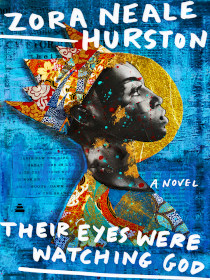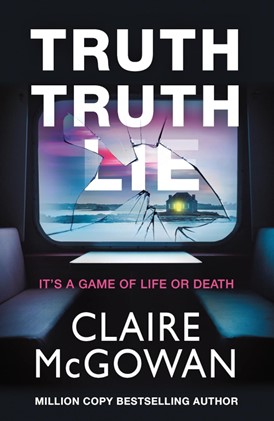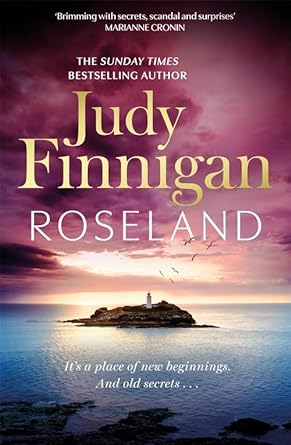Their Eyes Were Watching God by Zora Neale Huston
Zora Neale Hurston was a major figure in the Harlem Renaissance movement of the 1920s. Her second novel, Their Eyes Were Watching God has become something of a feminist classic. Hurston once wrote, there is no agony like bearing an untold story inside you.
You'd be hard pressed not to find autobiographical layers in this novel, written over a period of seven weeks during which Hurston was in the middle of a romantic affair. Their Eyes traces the story of Janie Woods as she returns home to the town of Eatonville in the Florida Everglades (Hurston's own hometown) where she shares her experiences with her friend Pheoby, knowing the story will make its way through the town.
It is both a tale of survival and a woman's quest for love. Janie has had a succession of husbands, one of which she kills. She ultimately finds true love with her last husband, Tea Cake: "But he done showed me where it's de thought dat makes de difference in ages. If people thinks de same they can make it all right."
This is more than a love story; it is also a polemic for a woman's right to selfhood. Janie is searching for an independence from a society that has defined her by her gender and skin colour, neither of which permit her to exist freely.
Hurston's novel is striking in its imagery and (while it takes a little getting used to) the use of dialect gives the reader an authentic experience. Their Eyes is profoundly moving, emboldened by humor and a deep understanding of humanity. Hurston has a sense of the dramatic, which is particularly apparent in the hurricane and flood scene. It's not hard to see why Their Eyes is regarded as a seminal work of black fiction and remains one of the most respected and studied novels in the American literary canon.
Submitted by Mary-Ellen






